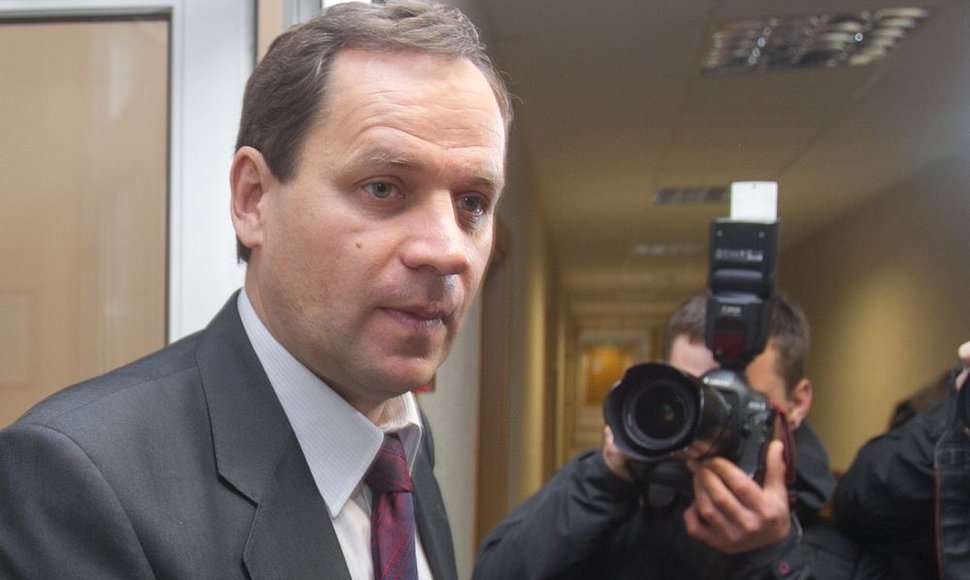"We see the provisions of the Education Law [which envisages the same Lithuanian exam starting in 2013] as playing with children's fate. Under the law, the students had to cover an eight-year course in two years. We had agreed with our coalition partners on exemptions for eight years, our vice-minister prepared a draft, and two days later, the draft proposed by the minister of education and science envisages exemptions for six months only, although we had agreed on eight years. Is that consistent cooperation?" Tomaševski told 15min.
"I'll put it this way – we did not graduate from high party schools, maybe we get something wrong? If these schools taught foul policies, cheating, it may be a good thing that we didn't learn this," said the member of the ruling coalition.
On Monday, leaders of four ruling parties agreed that, this year, graduates of national minority schools would enjoy certain exemptions when having their Lithuanian examination papers marked. They will have to submit a shorter essay and be allowed to make more mistakes.
Education and Science Minister Dainius Pavalkis said the privileges would only be in effect for a year.
In spring 2011, the Lithuanian parliament adopted a new version of the Education Law, which, among other things, stipulated a new scheme of the teaching of the Lithuanian language in schools of national minorities, more classes in the Lithuanian language, and unification of the tasks of the Lithuanian-language graduation exam starting in 2013. The provision drew heated protests from the local Polish community.
After Monday's meeting, Tomaševski said the Electoral Action of Poles would discuss leaving the ruling center-left coalition due to the coalition's failure to meet its commitments. In addition to the examination, Tomaševski is not happy with the distribution of the 2013 budget and absence of the fourth energy vice-minister.
Following the general elections in October 2012, the ruling bloc was formed by the Social Democratic Party, the Labor Party, the Order and Justice Party, and the Electoral Action of Poles, securing a total of 85 seats in Lithuania's 141-member parliament. Should eight members of the Polish party leave the coalition, the ruling bloc would still have the majority – 77 members.
The Polish party has the sole representative in the government – Energy Minister Jaroslav Neverovič.












